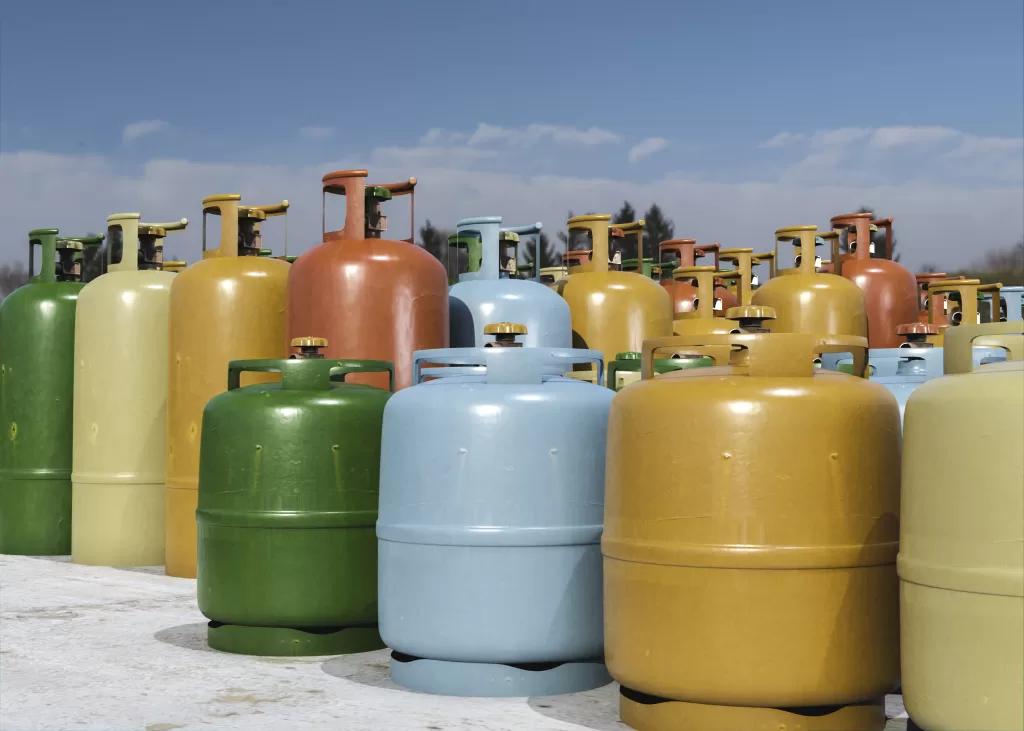A serious crisis that has sent shockwaves through the country is currently plaguing Pakistan: a simultaneous lack of water and gas combined with a dramatic spike in pricing. The effects of this crisis are extensive, impacting not only residents’ daily life but also the state of the economy as a whole. In this piece, we examine the causes of Pakistan’s gas and water shortages as well as the effects of the country’s rapidly rising costs on its people.

The Gas Shortage
There are several interrelated issues contributing to Pakistan’s gas shortage, including as inadequate infrastructure, mishandled operations, and rising demand. Natural gas is the nation’s main energy source for home, industrial, and power generation needs. Unfortunately, there is a discrepancy between supply and demand due to ageing infrastructure, widespread theft, and inefficient distribution.
The problem is made worse by the fact that Pakistan must now pay more for petrol imports due to the rise in global energy costs. Due to the scarcity, there have been regular interruptions in the gas supply, which have reduced industrial production and left houses without heat during the winter. This has led to the government having to ration petrol, which has made things worse for the already struggling people.
The Crisis of Water
Pakistan is currently experiencing a problem of water scarcity due to declining water sources and rising residential and agricultural demand. Reservoir depletion has been exacerbated by mismanagement of water supplies, climate change, and unpredictable weather patterns. As a result, there is a serious shortage that is especially bad in rural areas where agriculture is the main industry.
The lack of clean water for drinking and sanitation causes problems for residents, which affects daily life in addition to agriculture. The public health system, food security, and economic stability have all been impacted by this catastrophe.
Effect on Costs and Day-to-Day Living
The prices of basic necessities have surged due to the growing scarcity of petrol and water, adding to the already burdensome financial situation of the already impoverished populace. Petrol price increases have a cascading effect on a number of industries, raising manufacturing costs and ultimately driving up prices for goods and services.
Furthermore, the residents’ financial problems are exacerbated by the increase in water bills. Increased water prices have a direct effect on agriculture, driving up farmer costs, decreasing crop yields, and ultimately causing food inflation. This creates a vicious cycle of financial distress by lowering the purchasing power of the average person.

Public Reaction to Government Initiatives
The Pakistani government has taken action to address the problems after realising how serious the situation is. To lessen the impact of the gas shortage, initiatives are being undertaken to upgrade infrastructure, reduce theft, and investigate alternate energy sources. In a similar vein, measures for conservation and water management are being put into place to guarantee the sustainable use of water resources.
But healing is a long journey, and people are getting more and more irritated. Around the nation, protests and rallies have broken out, calling for quick and practical answers to the problem. The task of striking a balance between immediate relief efforts and long-term, viable remedies falls to the government.
The combination of growing gas and water costs and shortages in Pakistan presents a bleak image of the difficulties facing the country. To address the underlying causes of these problems, the government must put comprehensive and long-lasting remedies into place. The Pakistani people’s fortitude is being put to the test, and securing a stable and successful future will require a coordinated effort from all stakeholders, including the government, businesses, and populace, in order to recover.














